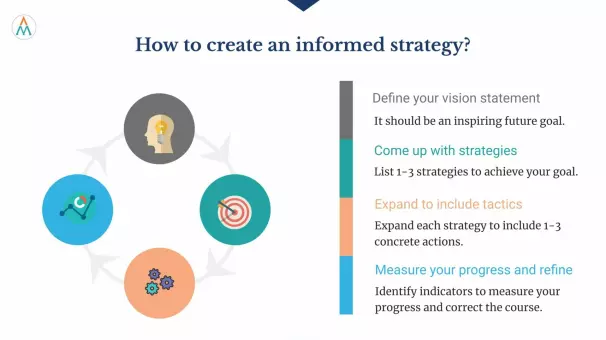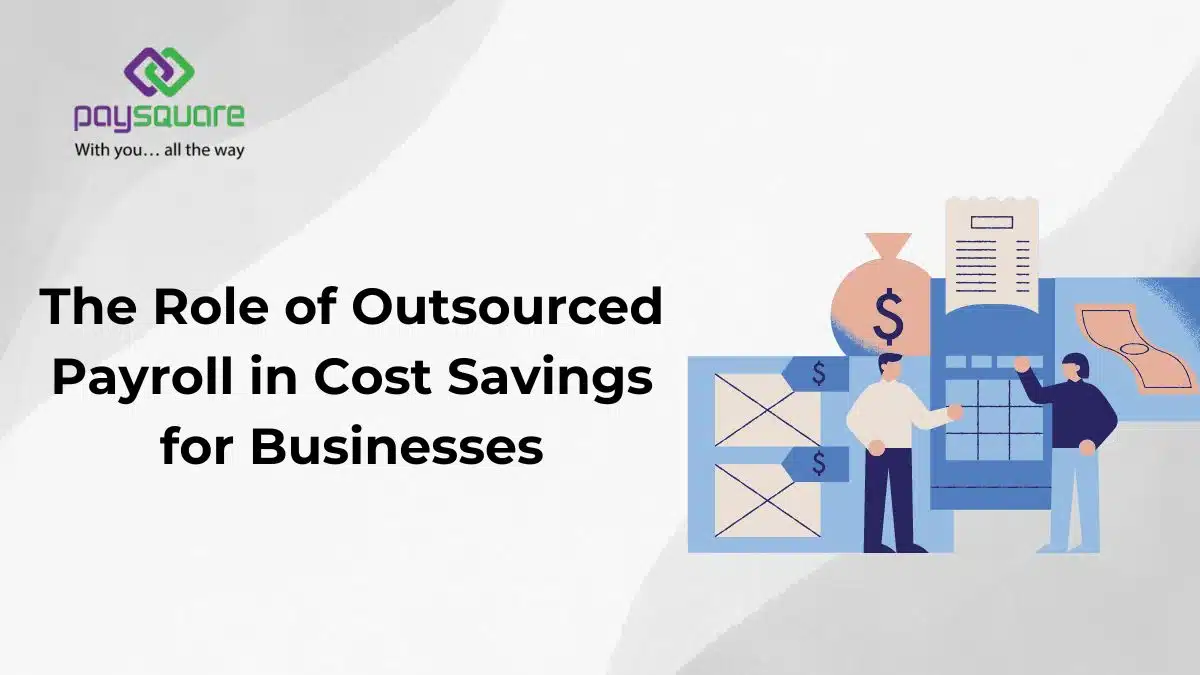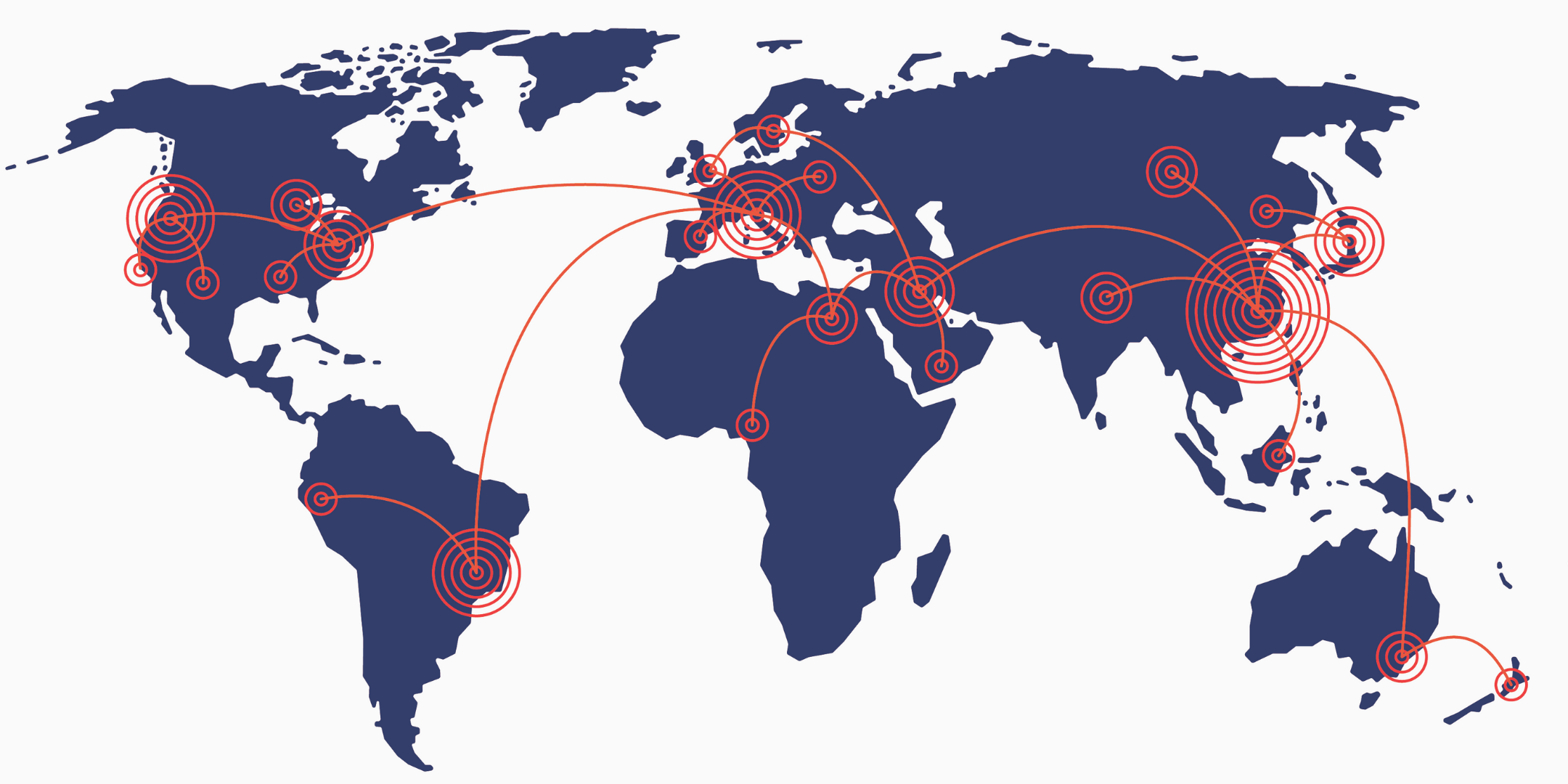With the rise of remote work, there is a growing need to rethink traditional contract-signing processes. Now, you can employ team members worldwide without being tied to a physical office location. Here is where digital contracts and signatures come into play, streamlining HR operations and speeding up the onboarding of new employees.
How Staffing Agencies Benefit from Digital Contracts
Job seekers today expect quick and straightforward interactions from potential employers. Delays in contract issuance can turn them away, making them opt for competitors. When hiring candidates from different locations, travel for contract signing should no longer be necessary. A hassle-free, digital process makes it more likely for the candidate to commit. As more and more businesses are resorting to staffing agencies to solve their labor shortages or to hire based on immediate needs,
employing digital contracts simplifies the onboarding of new hires. Job positions fill faster, and the occupation rate increases. In this process, employees of staffing agencies will have more time to choose the perfect candidates instead of doing unnecessary paperwork. Digital contracts do not only eliminate costs for printing and postage but also reduce labor costs.
Forms of Electronic Signatures
The European Union’s eIDAS regulation specifies the conditions under which a digital contract holds legal weight. Additionally, every country can set laws for specific use cases and contract types. In the UK, electronic signatures are legal through multiple regulations.
Digital signatures come in three forms:
Simple Electronic Signatures (SES): These can be scanned versions of a person’s signature or digital signatures using an email address. They are the least secure type and may not meet legal standards.
Advanced Electronic Signatures (AES): These are more secure, typically requiring authentication by email address and phone number.
Qualified Electronic Signatures (QES): These are the most secure type, including identity verification by a third-party service. Only QES are equal to handwritten signatures and meet the written form requirement.
Staffing agencies dealing with a high volume of temporary and short-term contracts must consider that these legally require a QES in many countries, including Germany and Switzerland.
PREMIUM CONTENT: US Staffing Industry Pulse Survey Report: September 2023 Selected Highlights
How to Create and Sign a Digital Contract
There are different contract management and e-signing tools enabling an easy signing process for work contracts. When using QES, the tool has to collaborate with a Trust Service Provider (TSP), a third-party organization authorized and recognized by government bodies to issue digital certificates. This makes the signatures almost impossible to forge.
The workflow of signing a contract with a QES can look like this:
The employer initiates the process by uploading the document to the tool, choosing the signers and signing order.
The applicant receives a link. They can check the document and verify everything is correct before the document is forwarded to the identification check.
The TSP verifies the applicant’s identity using government-issued IDs or passports. Depending on the provider, a NFC scan, video identification or AutoIdent are available.
Once the identity is verified, the TSP generates a pair of cryptographic keys: a public key, available to anyone who receives the signed document, and a private key, which remains confidential and is only accessible to the signer. Alongside this, a digital certificate is issued. Now, the document is technically signed.
The employer is notified of the signed contract and can download it.
To make this process compliant with data protection requirements and ensure the confidentiality of sensitive information, staffing firms should choose an e-signing provider with high data security standards. Firms should seek providers that use end-to-end encryption and local processing of documents, offering an easy-to-use process to ensure a positive user experience.
Conclusion
Digital contracts are not just an option; they are becoming a necessity. They offer speed, efficiency and cost reductions. Furthermore, applicants are more likely to choose your job offer. Adopting qualified electronic signatures (QES) adds an extra layer of security and is mandatory in many European countries to ensure legal validity.






